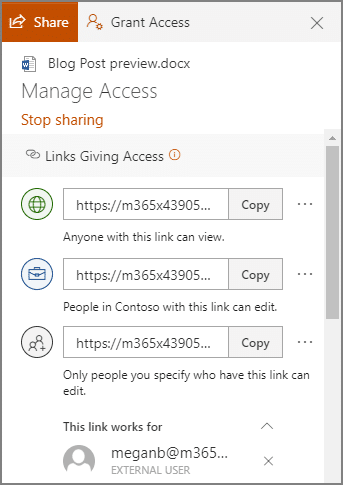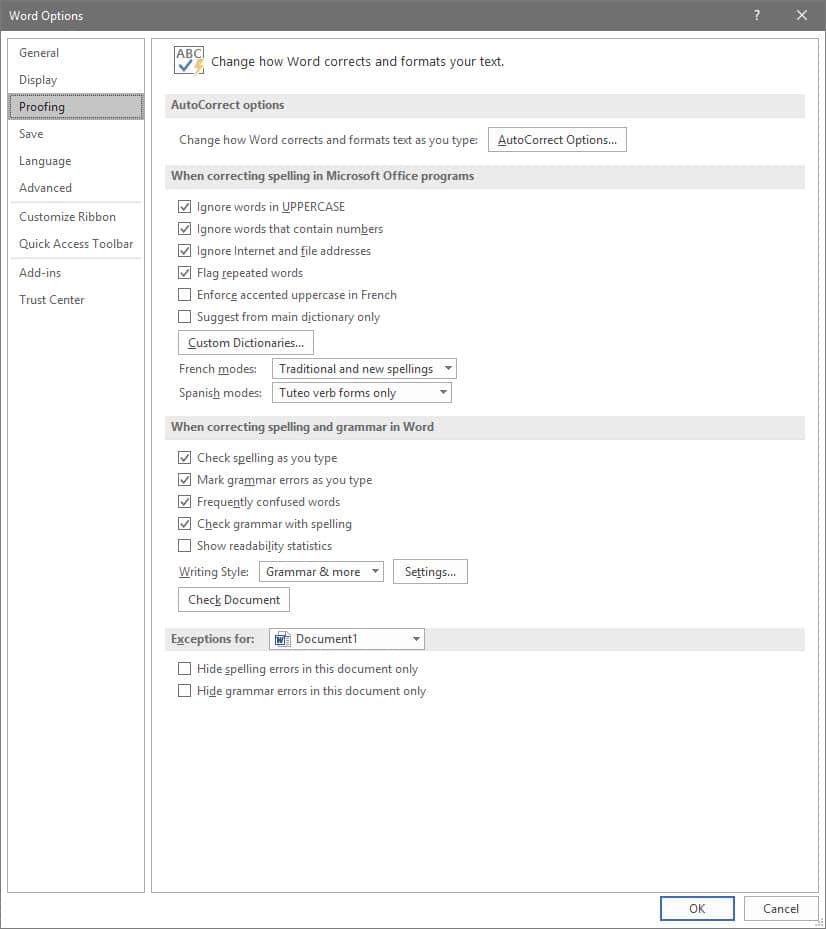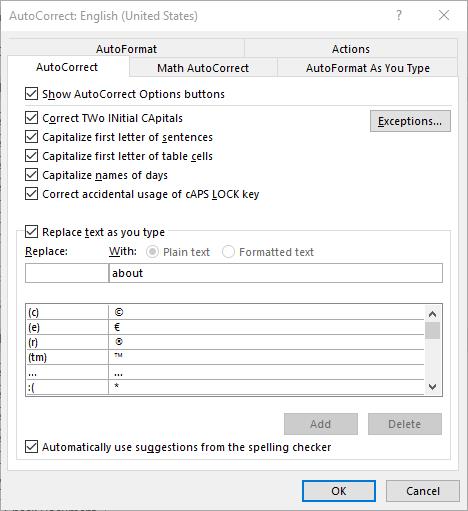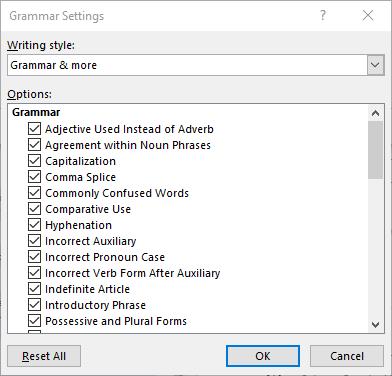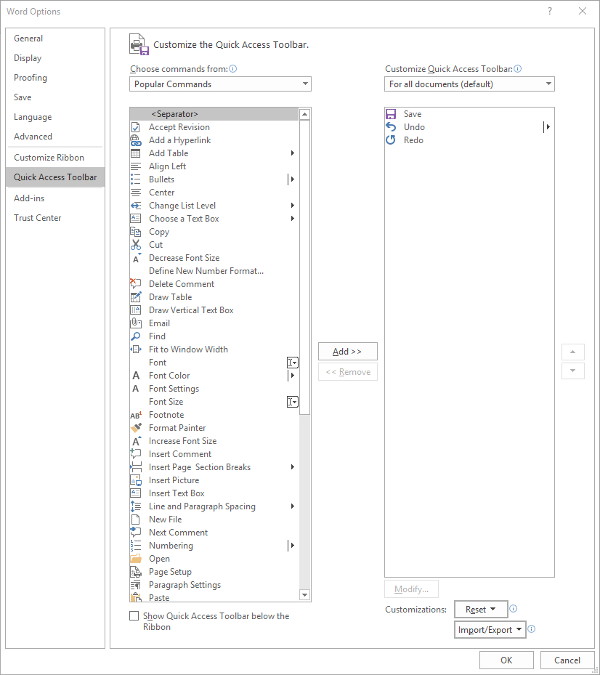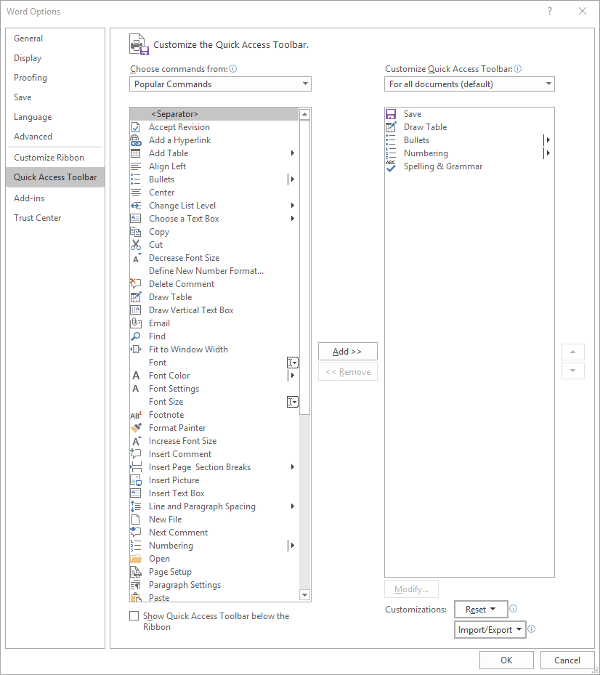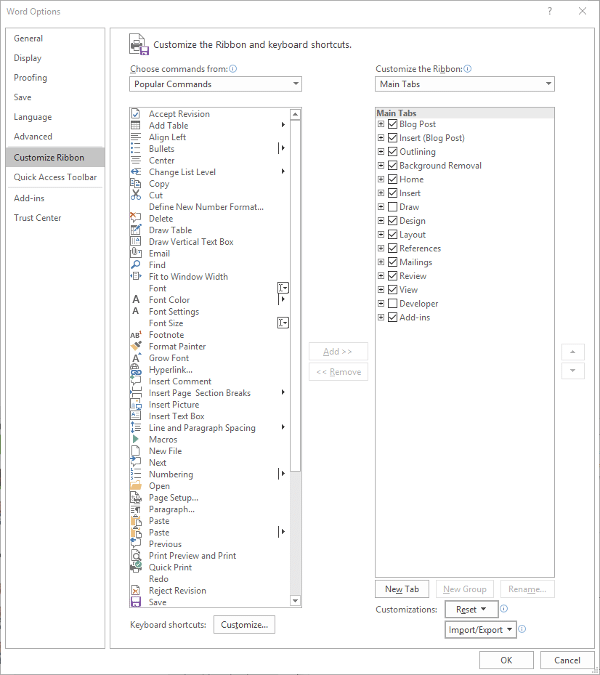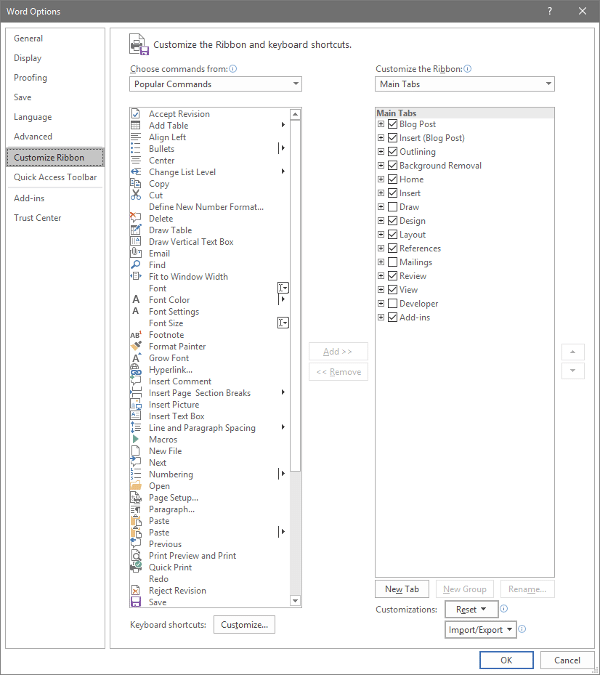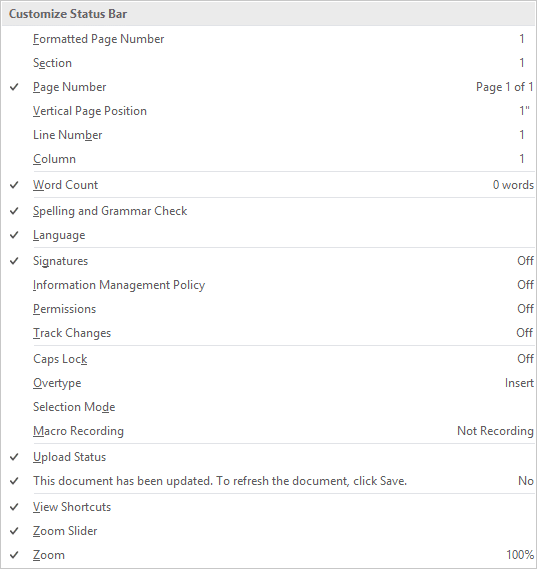Multitasking is a common thing for today’s workers, and so is having multiple tabs open in your web browser. You might even have multiple different apps running simultaneously, which can make you feel like you have to constantly close one window to open another. Well, no more. You can use Smart Windows (also known as Snap Windows) to place two or more side-by-side and enhance your productivity.
About Coleman Technologies
Coleman Technologies is a managed IT and cybersecurity partner for growing businesses that can’t afford downtime, breaches, or guesswork. For over 25 years, we’ve helped organizations across British Columbia run stable, secure, and scalable technology environments—backed by 24/7 support, enterprise-grade security, and clear accountability. We don’t just fix IT problems. We take ownership of them.
Understanding IT
Get the Knowledge You Need to Make IT Decisions
Technology is constantly evolving, and keeping up can feel overwhelming. Whether you want to understand cybersecurity threats, explore automation, or learn how regulations like PCI DSS impact your business, we’ve made it easy to access clear, straightforward insights on key IT topics.
Contact Us
20178 96 Ave C400
Langley, British Columbia V1M 0B2
Mon to Fri 7:00am–5:00pm
Coleman Technologies Awards & Memberships












